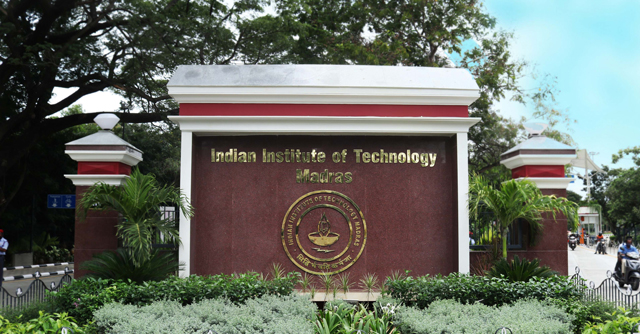
IIT Madras' new brain centre seeks to become global neuro research hub


New Delhi: The Indian Institute of Technology (IIT) Madras is setting up a brain research centre on campus, which will take an engineering and technology-based approach towards creating the highest resolution map of the human brain – and contribute to future brain-related research projects under the institute.
Mohanasankar Sivaprakasam, who already heads the Healthcare Technology Innovation Centre at IIT Madras, will also lead this centre – officially titled ‘Computational & Experimental Platform for High-Resolution Terapixel Imaging of Ex-vivo Human Brain Cells’. According to Sivaprakasam, the initial goal of the new brain research centre is to create a first-layer data set of high resolution imagery of the human brain, driven by technology.
“We seek to create an atlas of cells and their connectivity in the human brain. It is the most complex human organ, with tens of billions of cells connected in a complicated manner. Today, we have magnetic resonance imaging (MRI) to image the human brain. However, MRI-based reconstruction of the brain is at a millimetre level, which means that the data produced is coarse,” Sivaprakasam said.

“While the above data is acceptable for some treatments, to go deeper into the subject, we require imaging data at 0.5 micron or even smaller. Today, that has not been possible in a living human brain or even a posthumous one, in different sections of the brain. This is what we began in 2019,” he added.
The proposal was then submitted to K. Vijay Raghavan, the principal scientific advisor to the government of India, who in February 2020 sanctioned the setting up of the brain research centre at IIT Madras.
Brain research projects have been seeing an increasing involvement of technology driven platforms. BrainSightAI, an early-stage Indian startup, is working on using functional MRI (fMRI) data to create virtual or digital maps of the human brain using Dassault Systemes’ augmented technology platform – and use the replicated digital twin to understand the impact of electrical impulses in treating neurological conditions such as schizophrenia.

India’s National Institute of Mental Health and Neurosciences (Nimhans) is also using such technologies in neurological research.
Sivaprakasam claims that IIT Madras’ facility is a globally unique one in terms of its research objective and approach – since it does not take a biological approach towards brain research, but one driven by new-age technologies.
The facility will see the creation of over 2,000 sections of a small human brain, which will be mapped into data in multiples of 100TB. The data is then run through a high performance computing platform, to create a brain atlas for neurological research. “We have already processed three brains through our centre. Today, faculties around the world are using it – including about 15 researchers across Europe, USA, South Africa and Japan,” Sivaprakasam said.

Over the next decade and beyond, the centre will also see involvement from students – and from companies in the medical and pharmaceutical industries as well, for newer research projects on neurological conditions.
